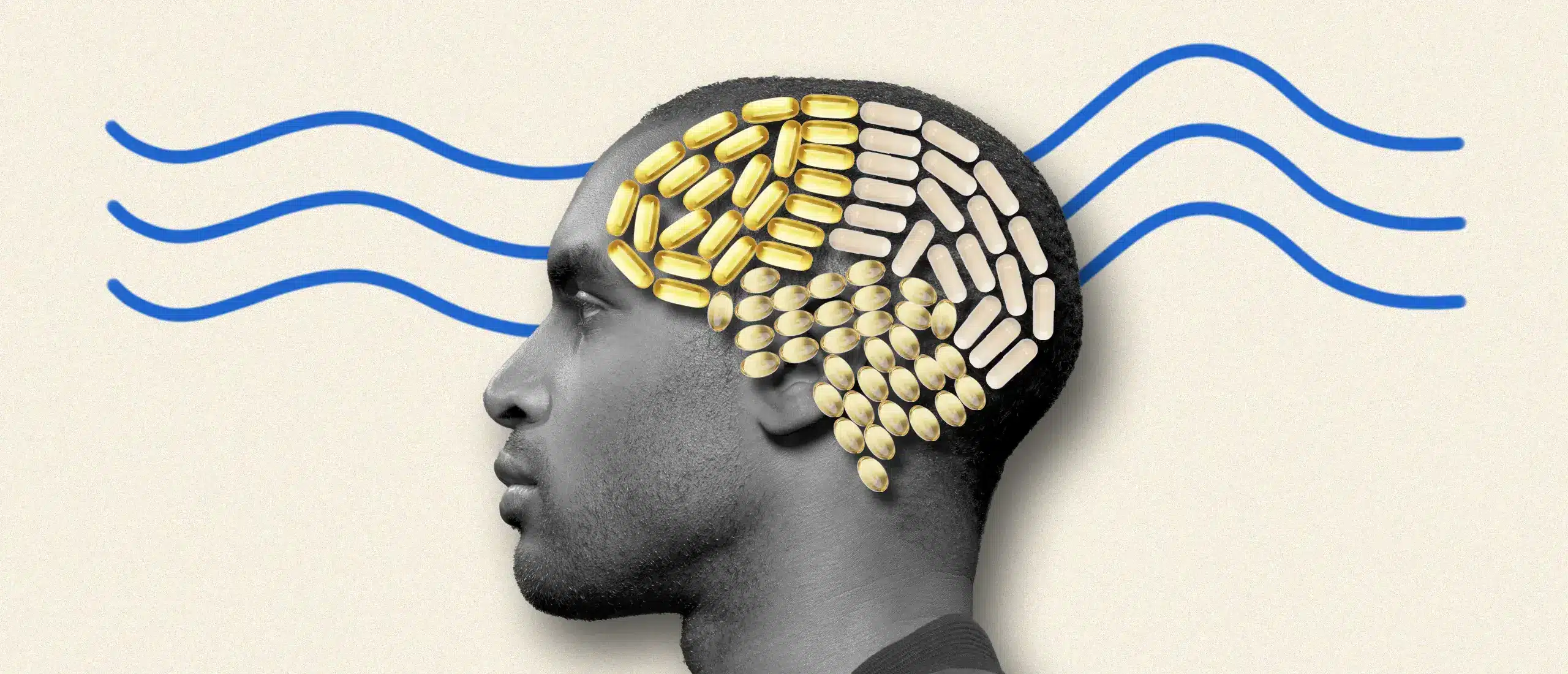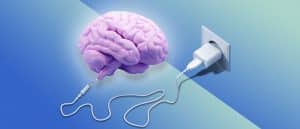I’m an Anti-Aging Specialist. I Take These Supplements to Prevent Dementia
- By Rebekah Harding
- Fact-checked by Mike Fazioli
- November 15, 2023
30-Second Takeaway
Omega-3, vitamin E, and vitamin D supplements may support dementia prevention when paired with a healthy lifestyle and chronic disease management.
O
ne in ten Americans 65 and older have dementia—an age-related loss of memory, problem-solving, and cognitive function—according to the American Medical Association. The good news: Research shows that taking these supplements to prevent dementia could keep you from becoming one of them.
Nutrition and Dementia Risk
“Proper nutrition plays a crucial role in brain health and may be linked to a reduced risk of dementia and Alzheimer’s disease,” says Rosmy Barrios, M.D., an anti-aging and regenerative medicine specialist.
Barrios recommends a diet rich in antioxidants, omega-3 fatty acids, vitamins, and minerals. “[These nutrients] can help protect brain cells and reduce oxidative stress and inflammation, which are associated with cognitive decline,” says Barrios.
About the Expert:
Dr. Rosmy Barrios, M.D., is an anti-aging and regenerative medicine specialist and medical advisor at Health Reporter.
Can supplements prevent dementia?
Popping a few vitamins isn’t the sole answer to dementia prevention, per Barrios. But if you’re already eating a balanced diet, engaging in regular physical activity and cognitive stimulation, and getting adequate sleep, supplements can give you an edge.
“Supplements should complement these behaviors rather than replace them,” Barrios says.
The Best Supplements to Prevent Dementia
Omega-3
“Omega-3 supplements, particularly those rich in DHA (docosahexaenoic acid), have shown promise in reducing the risk of dementia,” Barrios says. “DHA is a major component of brain cell membranes and may help combat inflammation and support healthy cognitive function.”
Why that’s important: People with higher inflammation biomarkers have a 35 percent greater risk of developing dementia, according to a 2023 study in the journal PLOS ONE (1).
DHA also supports the growth and maintenance of neurons, which prevents cognitive decline and memory loss (2).
Take 500-1000 mg per day to hit the daily recommended dose.
Vitamin E
“Vitamin E is an antioxidant that may help protect brain cells from damage caused by free radicals,” Barrios says.
Too many free radicals (damaging molecules) can put your brain into a state of oxidative stress, where there aren’t enough antioxidants to neutralize them. Cell damage from oxidative stress is linked to faster brain aging and cognitive decline (3).
Not getting enough vitamin E is linked to higher dementia risk, according to results from the 2022 Shanghai Aging Study (4). Researchers suspect that upping vitamin E intake through supplements and foods (like soy and leafy greens) may help stave off dementia.
Barrios notes that 200-400 IU of vitamin E per day should be enough to lower your dementia risk.
Vitamin D
Low vitamin D levels can swell your dementia risk by up to 54 percent, according to a 2022 study in the American Journal of Clinical Nutrition (5).
Vitamin D may boost the speed at which your body processes beta amyloid, a protein that accumulates in the brain and may be linked to Alzheimer’s disease (6). A small study in the Journal of Alzheimer’s Disease found that vitamin D decreased inflammation in the macrophages—immune cells that break down beta amyloid—in blood samples from Alzheimer’s patients (7). This improved the macrophages’ ability to fight against the dementia-causing plaques.
Take around 600-800 IU daily to lower your risk of cognitive decline, Barrios says.
References
1. Mekli, et al (2023). Association between an inflammatory biomarker score and future dementia diagnosis in the population-based UK Biobank cohort of 500,000 people.
2. Lauritzen, et al (2016). DHA Effects in Brain Development and Function.
3. Tucker, et al (2021). Emerging roles of oxidative stress in brain aging and Alzheimer’s disease.
4. Liu, et al (2022). Low dietary vitamin E intake is associated with high risk of incident dementia among older adults: The Shanghai Aging Study.
5. Navale, et al (2022). Vitamin D and brain health: an observational and Mendelian randomization study.
6. Grimm, et al (2017). Vitamin D and Its Analogues Decrease Amyloid-β (Aβ) Formation and Increase Aβ-Degradation.
7. Mizwicki, et al (2013). Vitamin D, omega-3 may help clear amyloid plaques found in Alzheimer’s.












